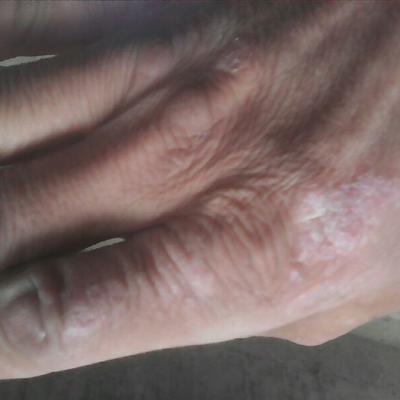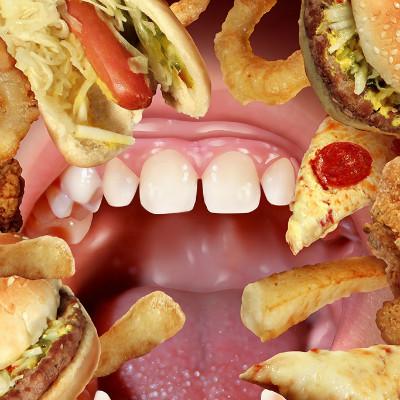How is uremia caused
summary
Now uremia not only affects people's lives, but also endangers social stability. We must be alert to the emergence of uremia, and the first thing is to know more about the causes of uremia. Because many people don't know much about the causes of uremia, experts here make an introduction for you.
How is uremia caused
First: the accumulation of urea in the digestive system into the digestive tract, in the intestine by the role of bacterial urease to form ammonia, can stimulate gastrointestinal mucosa, cause cellulosic inflammation, and even the formation of ulcers and bleeding. The lesions range from mouth, esophagus to rectum. Uremic esophagitis, gastritis and colitis are common. Patients often have nausea, vomiting, abdominal pain, diarrhea, bloody stool and other symptoms.
Second: heart and lung disease, sodium retention, renal ischemia, increased renin secretion caused by hypertension in the long term can cause heart failure. * High blood urea infiltration into pericardium and pleura can cause cellulosic pericarditis and cellulosic pleurisy, and the friction sound of pericardium and pleura can be heard during auscultation. Heart failure can cause pulmonary edema. The excretion of blood urea from the respiratory tract can cause respiratory tract inflammation, sometimes along the alveolar wall can have transparent membrane formation; pulmonary capillary permeability increases, there are a lot of fibrin and monocyte exudation in the alveolar cavity, few neutrophils, known as uremic pneumonia.
Third: the main changes of hematopoietic system are anemia and hemorrhage. Causes of anemia: ① insufficient production of erythropoietin in severe renal tissue damage. ② Some metabolites accumulated in the body, such as phenols and their derivatives, can inhibit the hematopoietic function of bone marrow. Other poisons such as guanidine and its derivatives can shorten the survival time of red blood cells, accelerate the destruction of red blood cells and cause hemolysis. ③ Transferrin is lost too much from urine, resulting in the transport of iron in the body.
matters needing attention
Uremic patients often have bleeding tendency, such as gingival bleeding, epistaxis, gastrointestinal bleeding, etc. The causes of bleeding: ① toxic substances inhibit bone marrow, thrombocytopenia. ② Some patients do not reduce the number of platelets, but tend to bleed. This may be due to the dysfunction of platelets caused by guanidine toxic substances in the blood, resulting in the decrease of platelet cohesion and the release of platelet factor 3.










